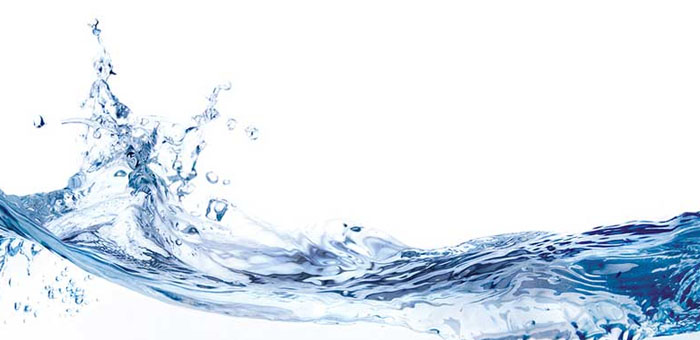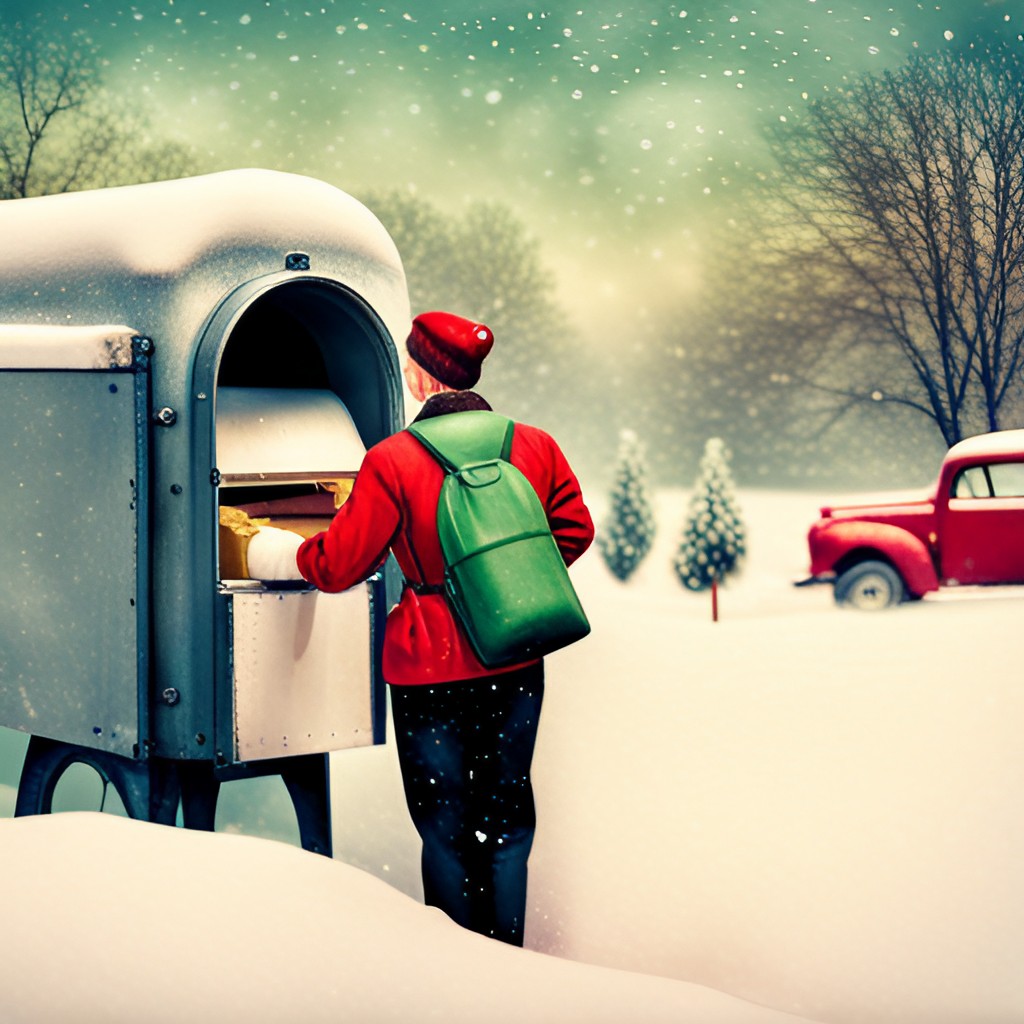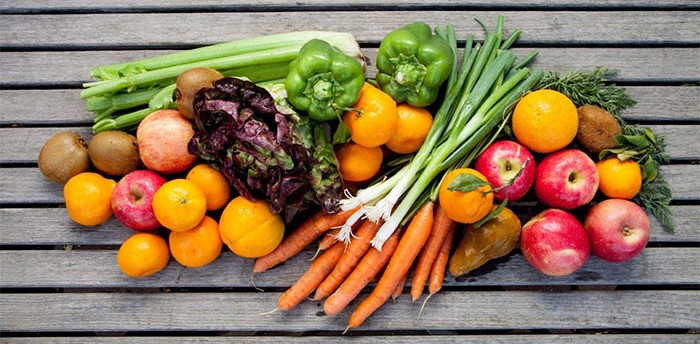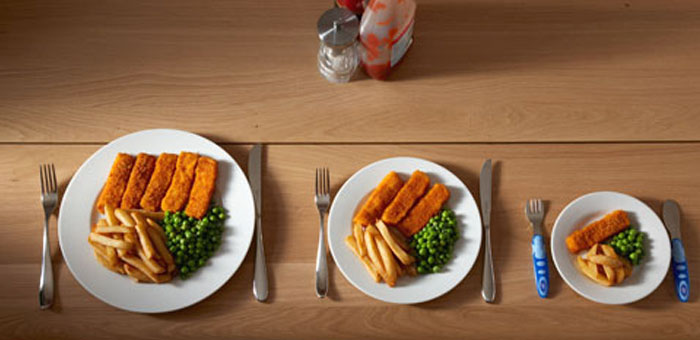Most vendors know that a fresh piece of salmon, is going to taste considerably better than frozen fish. If you use top-notch ingredients, but the food coming out of your mobile kitchen tastes “off,” the problem could be lie within one of the most basic ingredients: water. Leaders in the food truck industry know that the strength of their entrees depend on the quality of its ingredients. This includes your truck’s water quality.
Water Quality In Your Food Truck Kitchen
Learn how the water quality in your truck could be affecting the flavor of your food.
Hard Water
Hard water, which contains high levels of magnesium and calcium, can cause problems in your food truck kitchen. If you cook with dry beans, you may find that the beans don’t become tender when cooked in hard water. Hard water also interferes with fermentation, which means bread dough takes longer to rise.
Aside from affecting the quality of your food, hard water can cause buildup in the lines of your truck. It also affects your equipment and appliances that use hot water. These buildups can lead to downtime and a lack of water for both cooking and proper sanitation in your food truck.
What’s In Your Water
Every major metro area in the country seems to have a different water filtration system in place. Because of this, the water in food trucks will contain different minerals or additives, along with traces of contaminants, depending on where you operate your food truck.
The city of Battle Creek, MI, for instance, has relatively clean water with few contaminants. Flint, MI, on the other hand, has some of the worst drinking water in the country. While some contaminants in water may not affect the taste of your food truck menu, you should at least test the water you are filling your truck with and then test it again at the tap to see if your truck’s water system is clean or at least understand what’s in it.
You can buy a water quality test kit to find out what’s in your water, and if the results are worrisome, you can follow-up by getting a professional evaluation of your water quality.
Overcoming Water Problems
Even though you have little power over what minerals, additives or pollutants are in your local water supply, you can take steps to minimize the effects of undesirable water. Water softeners can reduce the presence of minerals and eliminate annoying problems like cloudy soups or broths, scaly coffeemakers and sauces that don’t taste quite right.
Water filtration systems can reduce the presence of or eliminate chemicals and pollutants that can undermine the food quality you serve your customers.
RELATED: Water Fun Facts
The Bottom Line
The success of your food truck depends upon the best dishes coming out of your truck being right every time. Take time to check your water quality and find solutions to any problems you may have. Even the best ingredients available won’t make an odd-tasting dish appealing.
How is the water quality in your area? How to you get around poor water issues? Share your thoughts on this topic in the comment section, our food truck forum or social media. Facebook | Twitter




